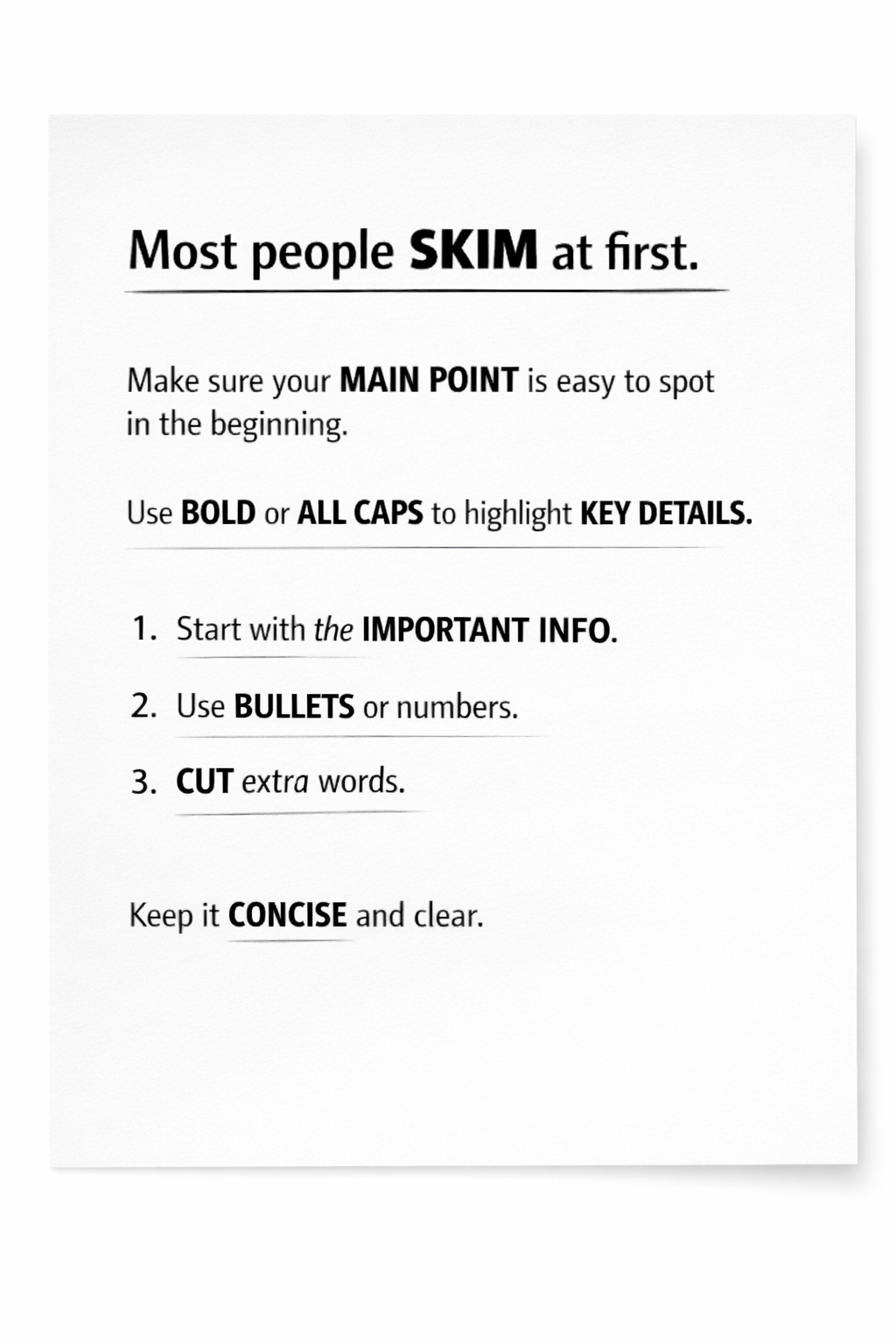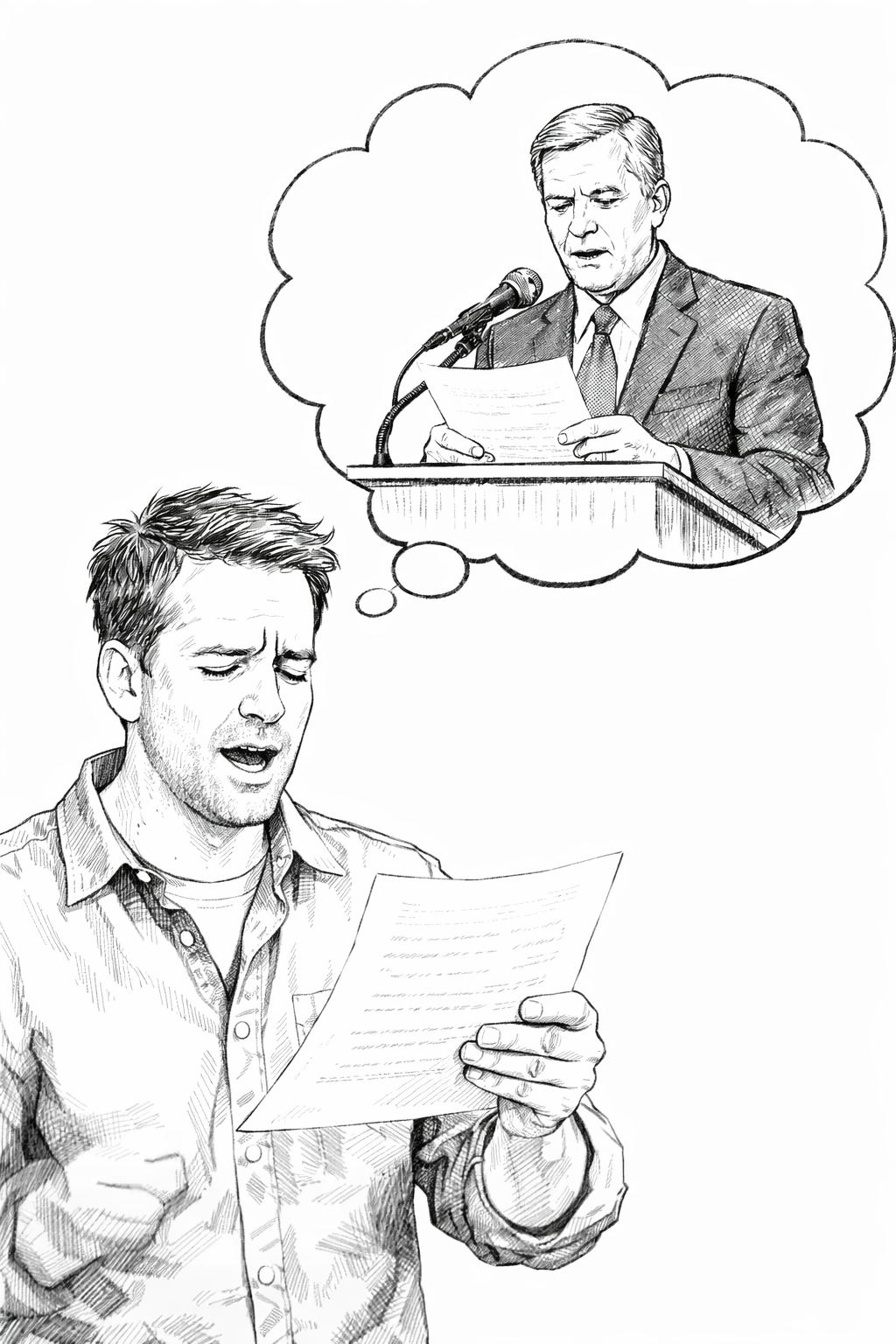Nib #53 — John Thune and the 5% Rule
With the new Congress gaveled in and a new Administration coming to town, it’s Big Speech Season in the nation’s capital! So this ‘winter of content,’ we’ll be mining leaders’ opening arguments for Nibs, starting with the maiden speech of newly minted Senate Majority Leader, John Thune.
The speech illustrates one of the most important lessons of modern rhetoric and speechwriting: the 5% Rule.
The hard truth is that for most speeches, only about 5% of it really matters. Occasionally it’s one or two good lines, maybe an attack. Usually it’s a statement of policy. The rest of the speech is just the frame, which adds value mostly by not being distractingly bad.
In Thune’s case, the 95% was boilerplate: throat clearing about current events, a welcome to new Senators, a paean to the Constitution, a laundry list of Republican policy goals, some clichés about growing up in a small town, and thank yous to loved ones.
Yet despite this banal content and Thune’s unexceptional oratorical skills, it was a really effective speech. Why?
Because of his 5%:
“Unfortunately, today there are a lot of people out there who would like to see the Senate turn into a copy of the House of Representatives. That, Mr. President, is not what our Founders intended – or what our country needs. And one of my priorities as leader will be to ensure that the Senate stays the Senate. That means preserving the legislative filibuster.”
Compared to the rest of the speech, this passage crackles with dash and moral courage. It’s a barbed shot at radical “reformers” on the Right and Left who dislike the Senate’s super-majoritarian nature. It’s a clear statement of purpose and principle.
Note, too, how the force of the sentiment even charges Thune’s words with rhetorical energy. That “the Senate stays the Senate” bit was the best line in the speech. And the newsiest, too! Media outlets around the country covering Thune’s accession not only mentioned his filibuster defense in their stories, but cited it in their headlines (a comms coup for Team Thune).
This isn’t a coincidence. When a leader has something to say, he tends to say it — and his writers tend to write it — with a little more snap and spark.
Young politicos — weaned on The West Wing — often assume that soaring poetry is what gives speeches their power. It’s almost never the case. Especially today, when politicians can’t perform like Daniel Webster or Martin Luther King, good speeches - like Thune’s last week — draw their strength from their substance.
What leaders have to say usually matters more than how they say it. And the how (the word choice, the cadence, the punchiness) usually improves in direct proportion to the clarity of the message.
The lesson to speechwriters: focus on that 5% — the message, the language, the politics, the tone, the audience. Get that right, and the other 95% will fall into place.
Until next week… keep writing!











